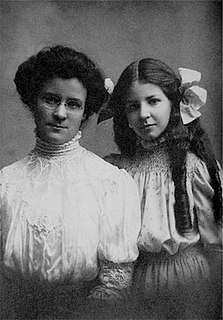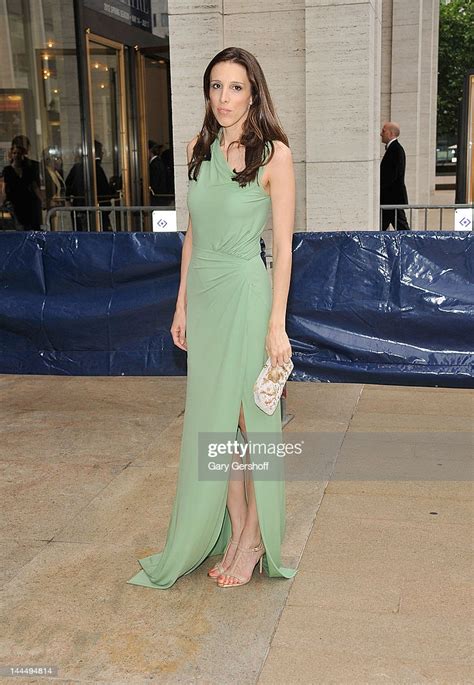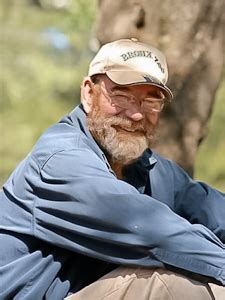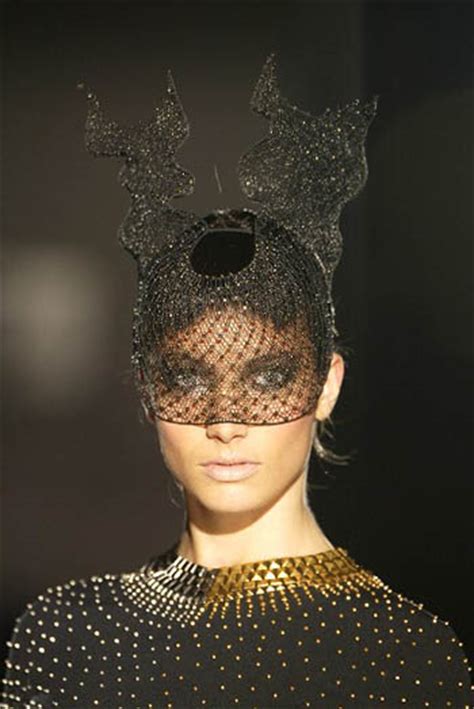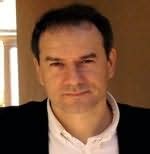A Quote by Isabel Briggs Myers
[On Jung's theory of psychological types:] My mother, Katharine C. Briggs, introduced it into our family and made it a part of our lives. She and I waited a long time for someone to devise an instrument that would reflect not only one's preference for extraversion or introversion but one's preferred kind of perception and judgment as well. In the summer of 1942 we undertook to do it ourselves.
Related Quotes
The credit of my good upbringing goes to my mother, who's not only been a single parent to my brother and I, but she's also been 'our' manager for the longest time. Our father, on the other hand, remained elusive and away from the family for most part of our lives, which left a certain void but also made us creative and reflective.
I fell for her in summer, my lovely summer girl, From summer she is made, my lovely summer girl, I’d love to spend a winter with my lovely summer girl, But I’m never warm enough for my lovely summer girl, It’s summer when she smiles, I’m laughing like a child, It’s the summer of our lives; we’ll contain it for a while She holds the heat, the breeze of summer in the circle of her hand I’d be happy with this summer if it’s all we ever had.
A successful unification of quantum theory and relativity would necessarily be a theory of the universe as a whole. It would tell us, as Aristotle and Newton did before, what space and time are, what the cosmos is, what things are made of, and what kind of laws those things obey. Such a theory will bring about a radical shift - a revolution - in our understanding of what nature is. It must also have wide repercussions, and will likely bring about, or contribute to, a shift in our understanding of ourselves and our relationship to the rest of the universe.
In those days, we imagined ourselves as being kept in some kind of holding pen, waiting to be released into our lives. And when the moment came, our lives -- and time itself -- would speed up. How were we to know that our lives had in any case begun, that some advantage had already been gained, some damage already inflicted? Also, that our release would only be into a larger holding pen, whose boundaries would be at first undiscernible.
On this Thanksgiving, as we spend time with our family and friends, let's all reflect on what we're thankful for in our own lives. And let's remember those who cannot be with their loved ones because they're serving overseas. But let's also do our part to help those who have no place to go for a meal. I encourage all Americans to do what they can to help those in need-because the best way to show our gratitude for what we have is by doing our part for those who have less.
When we respect ourselves, our lives change because the conflict in our mind ends. Then the relationship with our beloved also changes, and there will be peace in our family, in our friendships, in our community, and so on. Just imagine what kind of planet this would be if everybody respected themselves and everybody else?
Jung said there are four archetypes adults go through, and these archetypes are reflected in the development of my work. The first archetype is the archetype of the athlete, reflecting the time in our adult life when our primary emphasis is on our body - what it looks like, how beautiful it is, how strong it is, and so on. We identify ourselves with our body. We are our body. Growing adults next move to what Jung called the archetype of the warrior. We take our physical bodies out there to do what warriors do.
It was thought, perception, sensations that interested her, the conscious mind as a river through time, and how to represent its onward roll, as well as all the tributaries that would swell it, and the obstacles that would divert it. If only she could reproduce the clear light of a summer's morning.
Why do we so mindlessly abuse our planet, our only home? The answer to that lies in each of us. Therefore, we will strive to bring about understanding that we are--each one of us--responsible for more than just ourselves, our family, our football team, our country, or our own kind; that there is more to life than just these things. That each one of us must also bring the natural world back into its proper place in our lives, and realize that doing so is not some lofty ideal but a vital part of our personal survival.
All writers are insecure, the male ones especially. It's well known. Why else would they spend so much time on make-believe? They're only happy in their imaginary worlds, because that's where they're in charge - where they're God. Did you know that Hemingway's mother dressed him as a girl until he was six years old?" I was not offended by Claudia's glib psychological theory. Like many glib psychological theories, it struck me as fundamentally correct.
She [my mother] was the force around which our world turned. My mother was propelled through the universe by the brute force of reason. She was the judge in all our arguments. One disapproving word from her was enough to send us off to hide in a corner, where we would cry and fantasize our own martyrdom. And yet. One kiss could restore us to princedom. Without her, our lives would dissolve into chaos.
